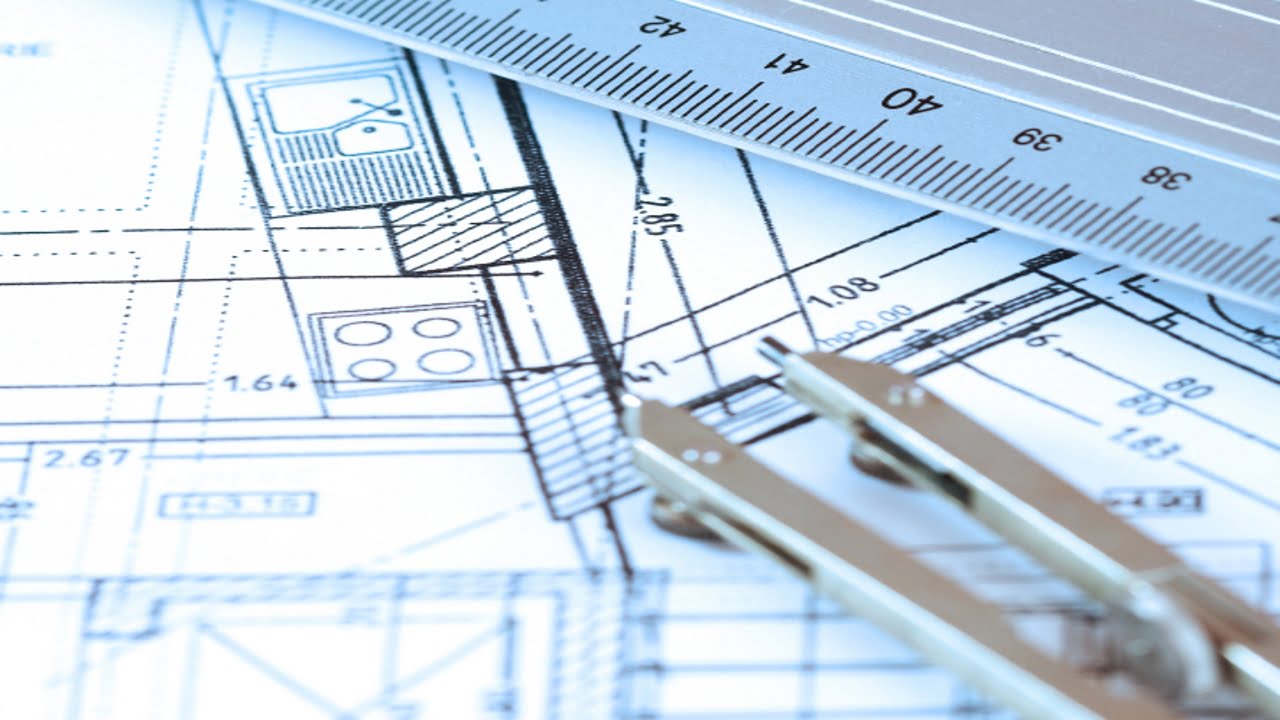Robert Jenrick’s statement about updating the planning system and a new planning white paper on Thursday 12 March already seems like a distant memory. It was proposed that the white paper will establish a planning system that works for the next century through a number of measures including maximising the use of new technologies.
The white paper which was due to be published in the spring is likely to be delayed. Measures which help to modernise the planning system and keep it moving during the current lock down of development sites due to Coronavirus (Covid-19), are needed now to provide certainty in the planning system both in the immediate and long term.
Time limits
Planning permissions are granted for a fixed period in which time the planning permission must commence, being 3 years for a full planning permission and for outline consents, 3 years for submission of reserved matters and 2 years for implementation following final approval.
Following the financial crash of 2008, the ability to extend extant permissions was introduced. This had the effect of saving permissions which could then be implemented when economic conditions improved. A similar provision (with a light touch application process) would be welcomed to extend planning permissions until you can get back on site again.
Timing of payment for section 106 contributions, CIL demands and viability appraisals are of equal concern as is the ability to serve notices and carry out consultation.
Virtual reality
Carrying out of face to face pre-application and planning meetings is not possible and draft regulations to allow virtual planning committees to take place have only just been published. Nevertheless many local authorities are continuing to issue planning decisions, either through the use of extended officer delegations or by reducing the size of planning committees, to enable councillors to meet whilst still observing isolating rules.
All planning appeal hearings and inquiries have been postponed. The planning inspectorate’s (PINS) guidance from 17 March 2020 provides that they are considering the feasibility of technological solutions to enable appeals to proceed, but those solutions need to ensure fairness for all parties involved. PINS will need to grapple with the legal principles to allow all parties to participate in the process remotely, perhaps taking their lead from the Magistrates Courts who routinely hold hearings via video link.
Extended permitted development rights
Planning rules have been relaxed temporarily so that pubs and restaurants can operate as hot food takeaways. Further permitted development rights might be required to allow housing associations to use their assets to support the Covid-19 response.
Relaxation of other national and local requirements may help with the supply of housing delivery post Covid-19, for instance reducing local validation requirements or the requirement to enter into section 106 agreements before planning permission is granted, which could instead be imposed by a Grampian planning condition.
In his final letter to local planning authorities, Steve Quartermain, Chief Planner has advised local authorities to be pragmatic and, where possible, to work proactively with applicants and where necessary agreeing an extended period for making decisions.
Let’s hope that local planning authorities follow this advice. We would nevertheless recommend proactively engaging with them about how to keep your consented planning permissions alive. Our next article will provide some practical solutions on how to achieve this.
For more information on planning, please contact Hannah Langford in our Real Estates & Projects team.
